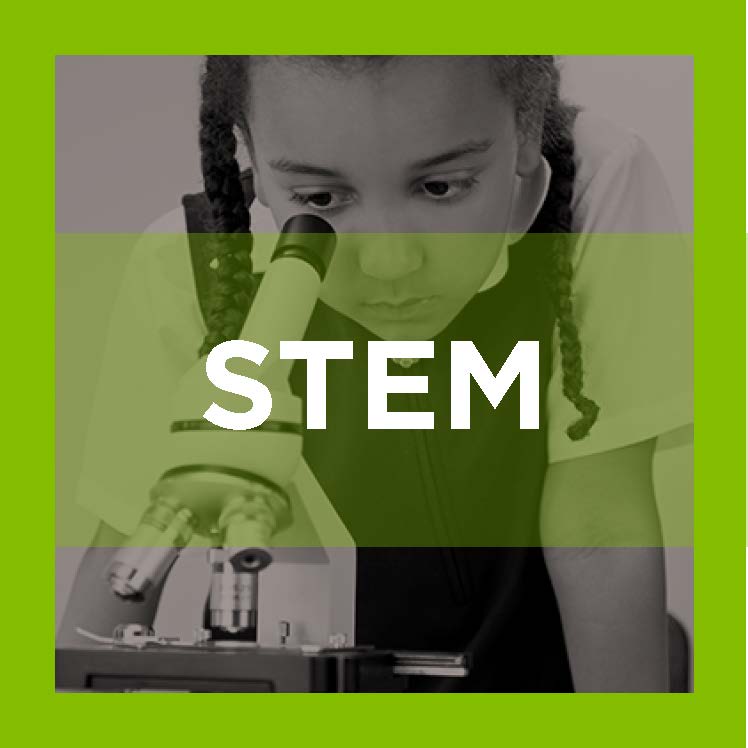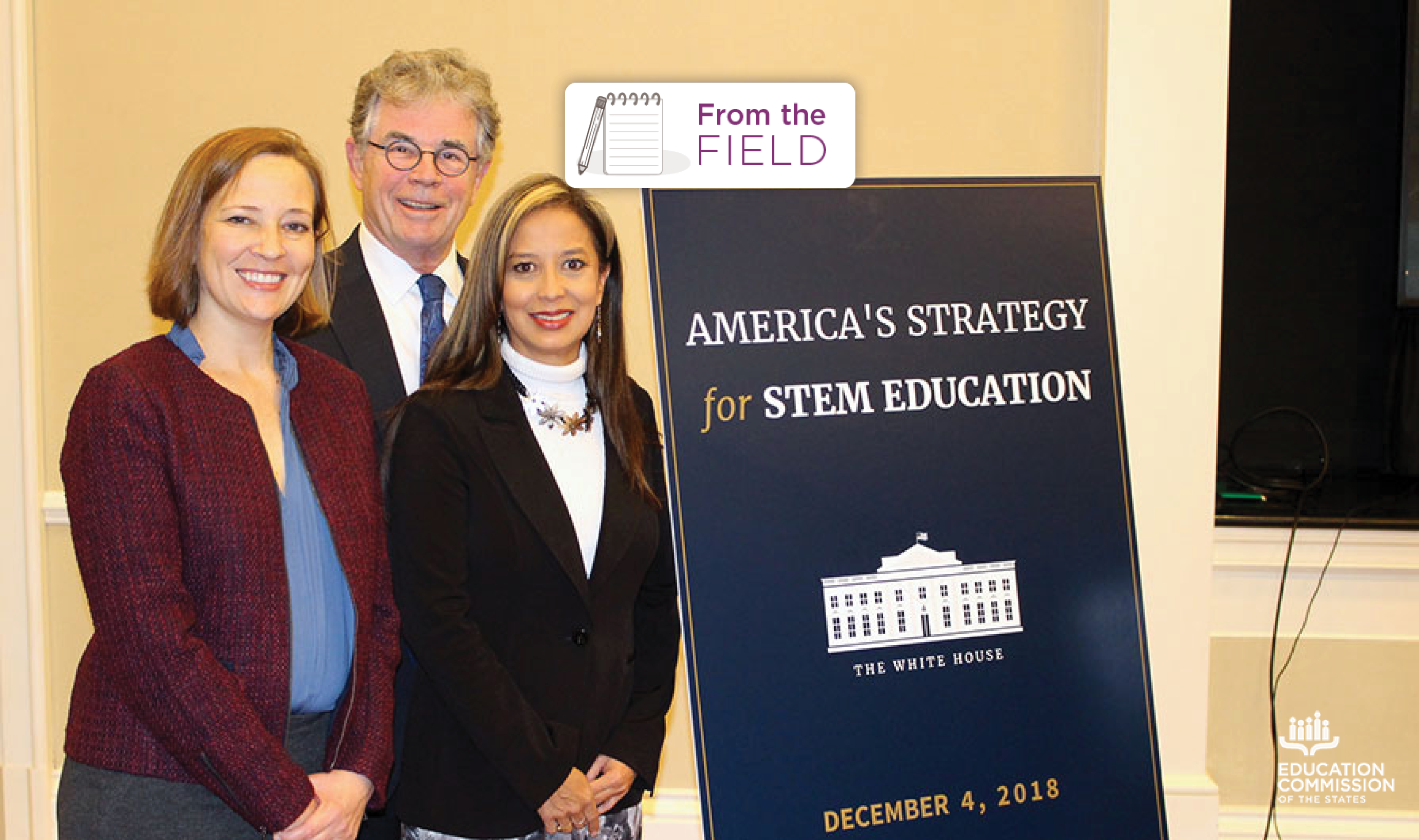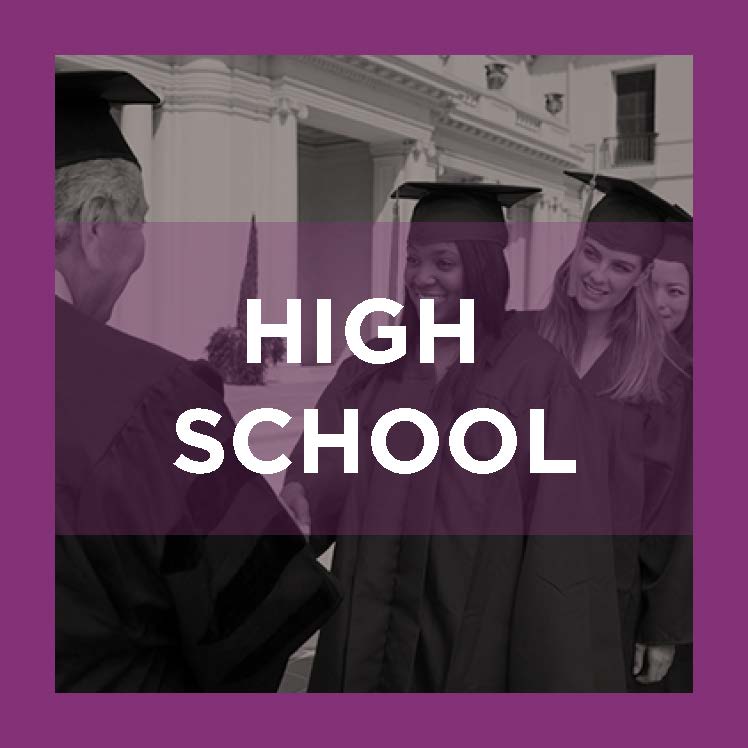STEM continues to be the focus of significant legislative activity. Dozens of 2016 enactments – both statutory provisions and appropriations bills – create, amend or fund provisions for K-12 through postsecondary STEM learning. Here are just a few examples of these recently approved measures.
Rethinking student learning
Utah S.B. 143 establishes a competency-based education grant program to offer planning and implementation grants to applying local education agencies. The grant review committee must include STEM experts, suggesting that STEM blended or extended learning (including online, work-based, community-based or off-site postsecondary learning) may be part of the mix.
Florida H.B. 5003 (section 31) establishes the Florida Center for the Partnerships for Arts Integrated at the University of South Florida Sarasota/Manatee. The goals of the center include not only researching policies and practices related to arts integrated teaching, but also examining arts integrated teaching STEM educational courses.
Coordination with business and industry
Utah H.B. 45 amends provisions regarding the Utah STEM Action Center, which coordinates STEM efforts statewide. These changes include adding the executive director of the Department of Workforce Services (or designee) to the STEM Action Center Board, expanding the charge to the board to include coordinating STEM activities among business and industry representatives, and working with stakeholders to support and promote activities that align STEM education and training activities with the employment needs of business and industry in Utah.
Oklahoma S.B. 1269 calls for the creation of college and career endorsements to direct coursework toward clear career pathways and identifies STEM as one of five categories of endorsements. The measure directs the state board to collaborate with the state board of career and technology education, the Oklahoma State Regents for Higher Education and representatives of business, labor and industry, to determine the curriculum requirements for each college and career endorsement.
Teacher qualifications and professional development
Iowa continues its commitment to STEM teacher professional development in H.B. 2323, appropriating $5.2 million to support the STEM collaborative initiative housed at the University of Northern Iowa. A portion of these funds are to be spent recruiting K-12 math and science teachers and developing STEM professional development programs for community college instructors. The funds are also intended to support a public-private technology education partnership for high schools, career academies and community colleges that includes, among other elements, teacher professional development.
Florida H.B. 189 extends eligibility for a grades 6-12 professional certificate to an applicant who holds a master’s degree or higher in a STEM subject, teaches a high school course in the subject of the degree and is evaluated as highly effective, in part based on student performance on a state assessment, AP or IB or Advanced International Certificate of Education exam.
Scholarships
Maine S.P. 676/L.D. 1655 provides loans of up to $7,500 a year to undergraduate and graduate Maine residents pursuing a degree in a STEM field. To receive the loan at 0 percent interest, recipients must, upon graduation, remain in or return to Maine to live and work, and be employed in science, technology, computer science, engineering or mathematics. Interestingly, the bill’s definition of “STEM student” includes a high school senior committed to studying STEM at an accredited institution and who is selected to receive a loan, potentially opening the door for dual enrollment participation through the program.
To help STEM students maintain HOPE scholarship eligibility, Georgia H.B. 801 modifies minimum grade point average requirements to provide an additional 0.5 weight for specific STEM courses in which a student earns a B, C or D. Such courses must be academically rigorous and required for or leading to employment in high demand fields in Georgia in STEM.









